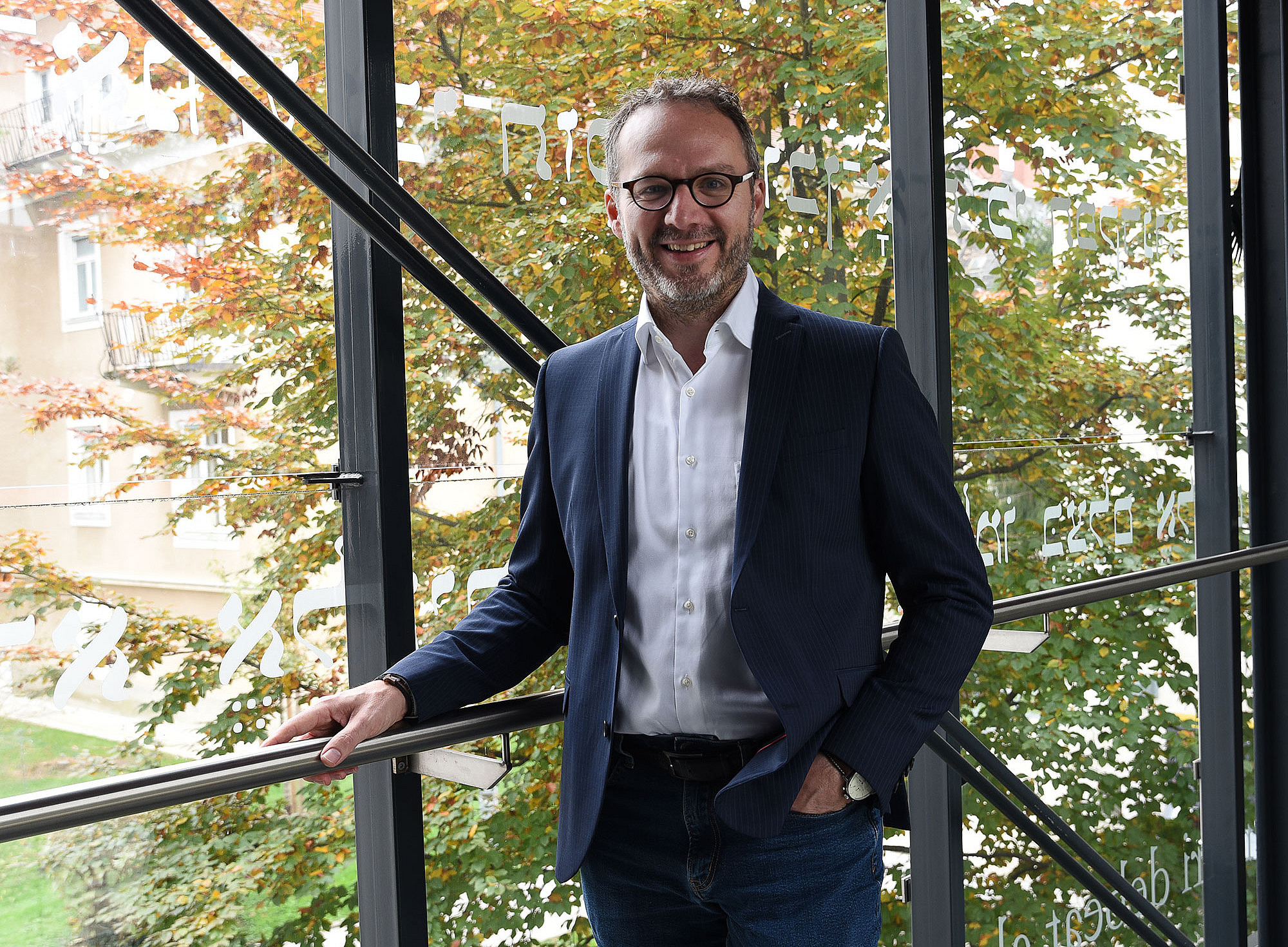"The idea that we always act accordingly when we know what we should do is psychologically and ethically naive," says Ralf Lutz, citing our environmental behaviour as an example: "This is often a motivational problem. For example, because it is more convenient to take the car instead of the bus. Emotions are also important. People love their vehicle because it gives them a sense of independence, among other things."
The theologian, who also worked as a psychotherapist for many years, is interested in the psychological side of ethics and morality. "We should ask ourselves what is necessary so that people can and want to do what they are supposed to do. How they can experience what is considered valuable in a society or personally as valuable. That is moral psychology," explains the researcher. "This also deals with whether a person who has committed a moral offence or even a crime can come to the realisation that they have become guilty, and whether they are capable of empathising with the victims," the scientist describes an example.
Feeling in order to learn morality
Do we first have to feel what we describe as valuable in order to realise it? This question has long been discussed in ethics. Ralf Lutz is particularly interested in it. He is convinced: "We need to feel in order to learn morality." This is particularly true when it comes to raising children. "If I don't think it's unfair for someone to take the seat of a physically disabled person on the bus, then I won't be able to act fairly in such a situation," explains the researcher.
Once moral duties have been internalised, people do not need to feel the need to act accordingly again and again. However, Lutz believes that emotions are becoming increasingly important as a motivation for ethical behaviour, especially in the present day, when traditional values are increasingly being questioned, be it due to the change in gender relations or the loss of religious convictions. "Today, we ask far fewer questions about God, but all people ask questions about meaning: How do I lead a good, valuable life? What standards do I use to orientate myself? This shows particularly well that we need to combine ethics and psychology," says the scientist. He would like to further develop and anchor this field of research, which he already pursued at the University of Tübingen, in Graz.
Dying of one's own free will
One topic that the theologian is currently looking at more closely is assisted suicide. In Austria, this form of euthanasia has been permitted to be used under certain conditions since the beginning of 2022. One condition is that the person who wishes to end their life must be able to act freely and responsibly. "But what does that actually mean?" asks Lutz, who knows from experience: "The heroic idea that we are completely free to decide in favour of a certain death is often a construct." Dying is often a passive process. "We ethicists simply assume that all people are free to decide. Lawyers, on the other hand, understand freedom to mean that others should not be allowed to control us. The effect is that we talk past each other in public debates," regrets the researcher. In practice, doctors and lawyers currently decide whether a person is free to act responsibly. "But what we actually need is psychology to check whether this is really the case, whether someone has a stable will and is capable of understanding and judgement," says Lutz. He wants to bring experts from the various disciplines and everyday clinical practice into dialogue with each other. "Ethics must learn from practice," Lutz is convinced.
On 21 November 2024, he will be bringing experts to the University of Graz. In the discussion series "Moraltheologie aktuell", Andreas Heller, Professor of Palliative Care and Organisational Ethics at the University of Graz, Alois Birklbauer, Professor of Medical Criminal Law at the University of Linz, and Gerold Muhri, Senior Physician at the palliative care unit of the Elisabethinen Hospital in Graz, will discuss what "the freedom to die" means in assisted suicide.
More information on the lecture and panel discussion "The freedom to die" (German only)
